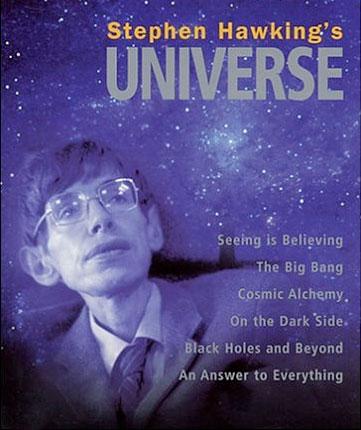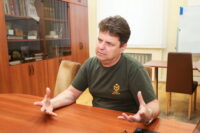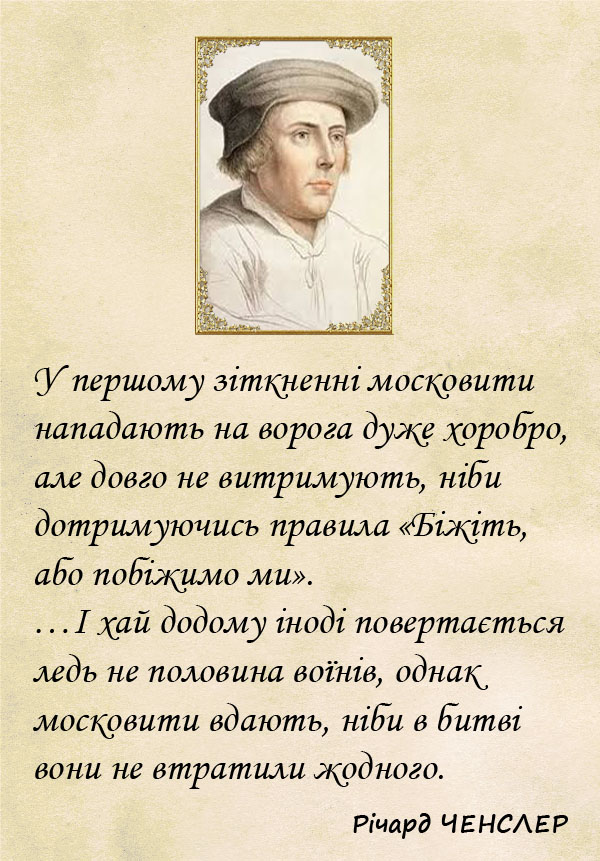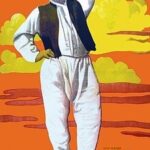
One of the most influential persons of our time was born on January 8, 1942 to Frank and Isobel Hawking in England. They lived in High Gate, but as London was under siege those days, his mother went to Oxford to give birth to him. He had two younger sisters, Philippa and Mary and an adopted brother, Edward. His father wanted him to attend West Minster School, but Hawking was ill on the day of scholarship exam. His family couldn’t afford that school without scholarship, so he had to remain at St Albans School.
He did his BA at Oxford and doctorate at Cambridge University. At the age of 21 years, his motor neuron disease was diagnosed. Doctors told him that he would live for only two years. He became depressed. He got engaged to Jane Wilde and returned to his work with renewed energy.
He obtained his Ph. D Degree in 1966. His essay, ‘Singularities and the Geometry of Space-Time’ and the one by Penrose, won Adams Prize that year. Their joint essay was the runner-up in the 1968 Gravity Research Foundation. In the late 1960s, he started using crutches. He lost the ability to write and visualized equations in the form of geometry. However, he was independent and refused to accept any mitigations for his disability.
Soon after 1970, Hawking, Bardeen and Carter proposed the four laws of black hole mechanics. In 1974, he showed that black holes emit radiation, now known as Hawking radiations. The same year, he was inducted as fellow of the Royal Society, one of the youngest to be honoured.
He got a job at Cambridge as a reader in 1975. Don page, a graduate student came to live with the Hawking family to assist Hawking. The latter and Jane campaigned for improved facilities for disabled in the campus. In 1977, he was appointed as a Professor in gravitational physics.
During a visit to CERN, Geneva in 1985, he got afflicted with pneumonia. Nurses were hired and he started using a computer programme to generate speeches. Hawking brought science to the masses. After the release of his book, ‘A Brief History of Time’, the same was adapted as a film in 1992.
In spite of his debilitating disease, Hawkings is mentally strong. He is not afraid of voicing his opinions, being at science or politics. In 2002, he was included in the list of 100 Greatest Britons. He was awarded ‘Presidential Medal of Freedom’ in 2009 and Russian Fundamental Physics Prize in 2012.
Several buildings are named after him. He has successfully guided 39 Ph. D students. He was an example of sheer grit and courage to beat one’s physical illness. He showed us that inner motivation and the zeal to excel can make the impossible possible. He rightly said:
“We are all different, but we share the same human spirit. Perhaps it’s human nature that we adapt — and survive.”

























































Залишити відповідь